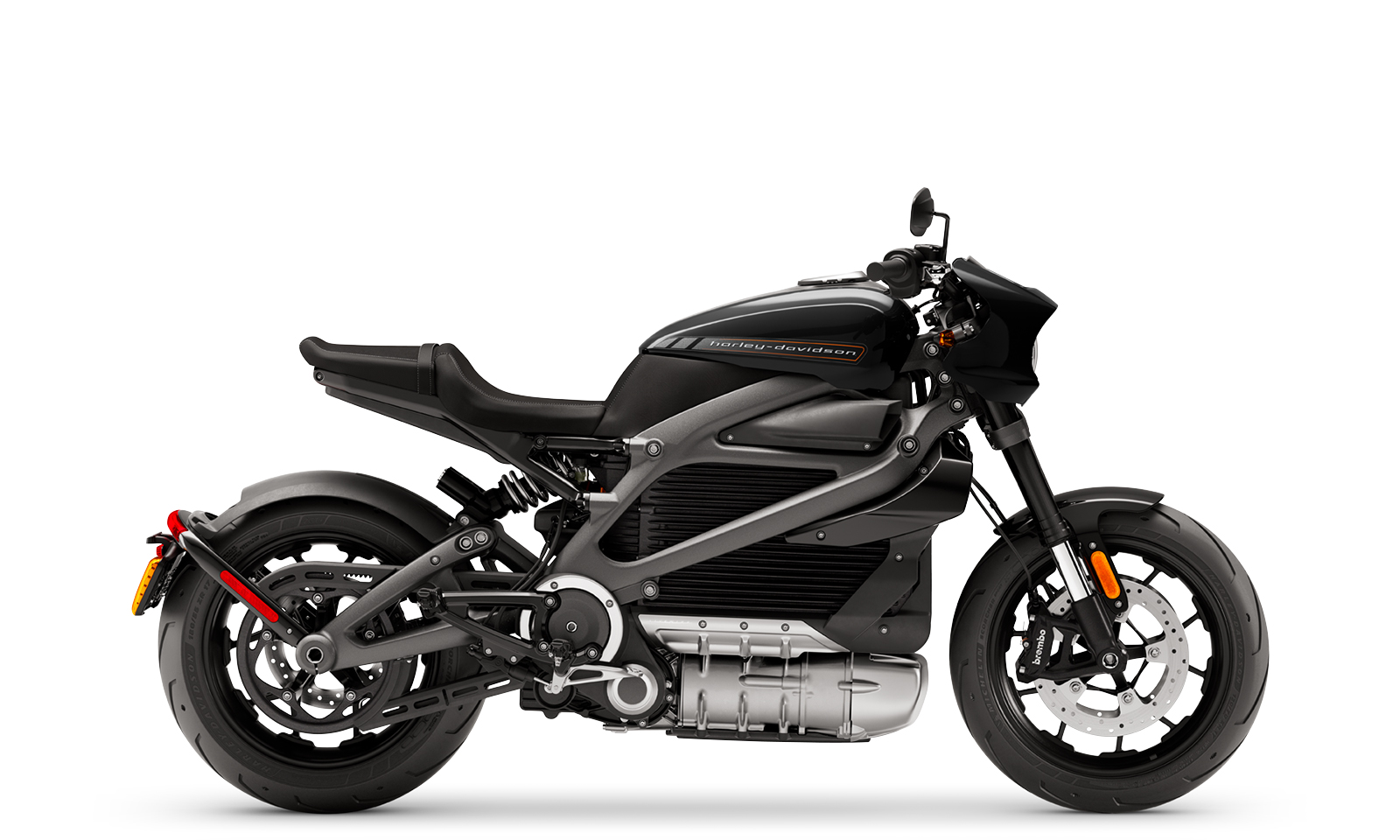- Joined
- 27 Jan 2008
- Messages
- 23,624
- Reaction score
- 2,661
- Location
- Llanfair Caereinion, Nr Welshpool
- Country

I read today about reduced bus services and how people are turning to cars.
It is OK for me, does not matter, retired, so does not matter if I arrive in town at 8 am or 12 am, I only need around 2 hours in town, however to replace the car with other transport, you need to arrive before work is due to start, and can't leave before your work is completed.
I could in the 70's get to work by bus, and even latter some routes could be done by bus, however the cost was getting silly, in the main due to multiple companies running the service. So a trip of 15 miles from Mold to Ellesmere Port for example required 3 buses, one there and two to return, each had weekly tickets, so cost at turn of century £60 a week when earning in my daughters case around £80, it was a case of get a car or not work. And once one has the car, you can forget using a bus.
With raising fuel costs, and Colvid on the wane, we have a chance of replacing the car, but even the push bike has problems, I use an e-bike, I can get to and from local town, round trip 16 miles, just about, still a hard push on the hills of Wales, and I can just about beat the train, which takes 50 minutes. But only runs 5 days a week and three times a day summer only. First train arrives 11 am, so OK for me, but not for anyone trying to get to work.
At one time buses Mold to Ruthin had cycle racks, alas no more. Even the train, unless the bike folds, then hard to get them on.
It seems scooters are not legal as no pedals and only brakes on one wheel. So what's the answer to future transport?
It is OK for me, does not matter, retired, so does not matter if I arrive in town at 8 am or 12 am, I only need around 2 hours in town, however to replace the car with other transport, you need to arrive before work is due to start, and can't leave before your work is completed.
I could in the 70's get to work by bus, and even latter some routes could be done by bus, however the cost was getting silly, in the main due to multiple companies running the service. So a trip of 15 miles from Mold to Ellesmere Port for example required 3 buses, one there and two to return, each had weekly tickets, so cost at turn of century £60 a week when earning in my daughters case around £80, it was a case of get a car or not work. And once one has the car, you can forget using a bus.
With raising fuel costs, and Colvid on the wane, we have a chance of replacing the car, but even the push bike has problems, I use an e-bike, I can get to and from local town, round trip 16 miles, just about, still a hard push on the hills of Wales, and I can just about beat the train, which takes 50 minutes. But only runs 5 days a week and three times a day summer only. First train arrives 11 am, so OK for me, but not for anyone trying to get to work.
At one time buses Mold to Ruthin had cycle racks, alas no more. Even the train, unless the bike folds, then hard to get them on.
It seems scooters are not legal as no pedals and only brakes on one wheel. So what's the answer to future transport?





